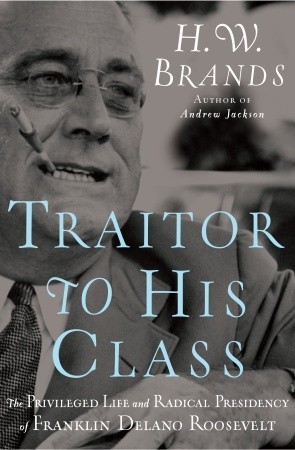What do you think?
Rate this book


896 pages, Hardcover
First published November 4, 2008
“We have come to a clear realization of the fact that true individual freedom cannot exist without economic security and independence. People who are hungry, and out of a job, are the stuff of which dictatorships are made.” Asserting that this political and economic truth was self-evident, Roosevelt proclaimed a second Bill of Rights, under which “a new basis of security and prosperity can be established for all, regardless of station, race, or creed.” These rights included the right to a useful and remunerative job in the industries, or shops, or farms, or mines of the nation; the right to earn enough to provide adequate food in clothing and recreation; the right of every farmer to raise and sell his products at a return which will give him and his family a decent living; the right of every businessman, large and small, to trade in an atmosphere of freedom from unfair competition or domination by monopolies at home or abroad; the right of every family to a decent home; the right to adequate medical care, and the opportunity to achieve and enjoy good health; the right to adequate protection from the economic fears of old age, sickness, accident, and unemployment; the right to a good education.”